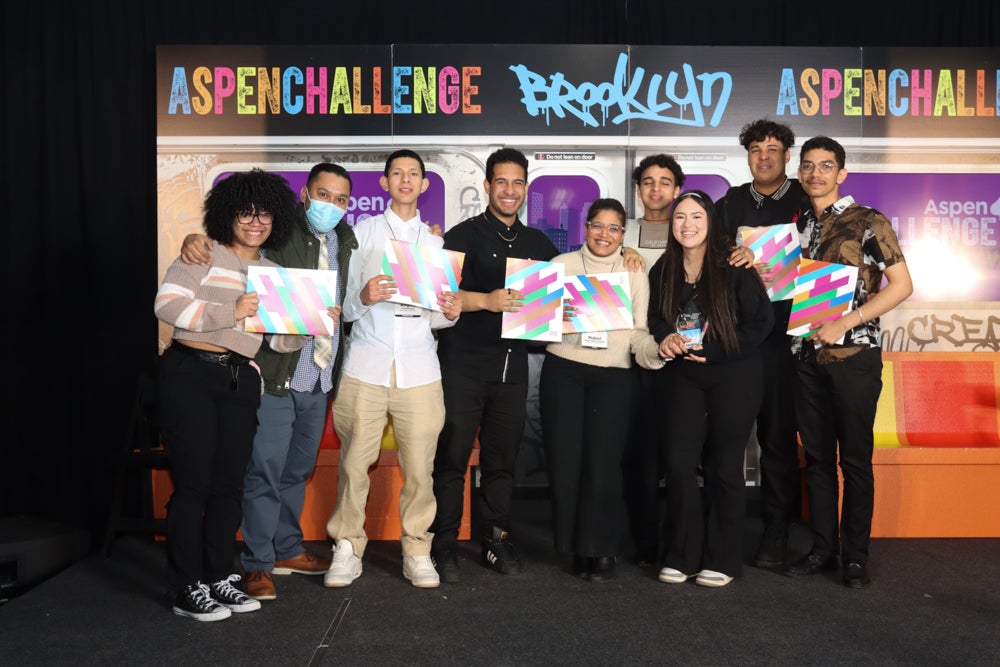What causes you to move to a new neighborhood, town, or city? A job opportunity? A desire to be closer to family? Perhaps it’s none of the above. Journalist Bill Bishop says more and more people are choosing a community based on idealogical reasons. People are making moves to neighborhoods that are compatible with their lifestyles and beliefs. The effect, he says, is that we’re increasingly sorting ourselves into alarmingly homogeneous communities. This trend didn’t start when President Trump was elected. In 1976, Bishop says, “about a quarter of people lived in a county where the presidential election was decided by more than 20 percentage points. It was up to 50 percent in 2012, and 60 percent in 2016.”
This sorting, driven by ideology, is creating communities that are increasingly different from one another. For their 2009 book The Big Sort: Why the Clustering of Like-Minded America is Tearing Us Apart, Bishop and co-author Robert Cushing looked at why some communities were doing well economically and others were not. “What we could see is that places are diverging,” he says. In one community, the number of people with college degrees may be growing, while another is seeing suicide rates spike. “Anything you can measure, he says — business starts, employment — reflects how places are becoming more different. After World War II until the mid-seventies, places were getting more alike. Now they’re getting less alike, and one of those factors is that political difference.”
Discover more about what’s discussed in this episode:
- The Big Sort: Why the Clustering of Like-Minded America is Tearing Us Apart, Bill Bishop
- Rural Realities—A Closer Look at the Issues and Opportunities Outside America’s Urban Cores, Aspen Ideas Festival (featuring Bill Bishop)
- America’s Big Sort is Only Getting Bigger, CityLab
- The Weariness of the Self, Alain Ehrenberg
- Coming Up Short, Jennifer M. Silva
- The Lost Promise of Civil Rights, Risa L. Goluboff
- The Best Sports Town in America, Aspen Ideas to Go
“Aspen Ideas to Go” is a weekly show featuring fascinating speakers who have presented at the Aspen Ideas Festival and other public programs offered by the Aspen Institute. For a curated listening experience, subscribe to the podcast on Apple Podcasts or find an archive of episodes here.

